DARRELL TSABETSAYE
Zuni, New Mexico
This is the first place that the Spanish people came: the New World. Coronado and these people came in 1540 and saw the Native community working and thought it was one of the seven cities of gold. They came in looking for gold, which they never found. Instead, they found these Native people living and working and growing corn and squash.
This is the first place that the Spanish people came: the New World. Coronado and these people came in 1540 and saw the Native community working and thought it was one of the seven cities of gold. They came in looking for gold, which they never found. Instead, they found these Native people living and working and growing corn and squash.
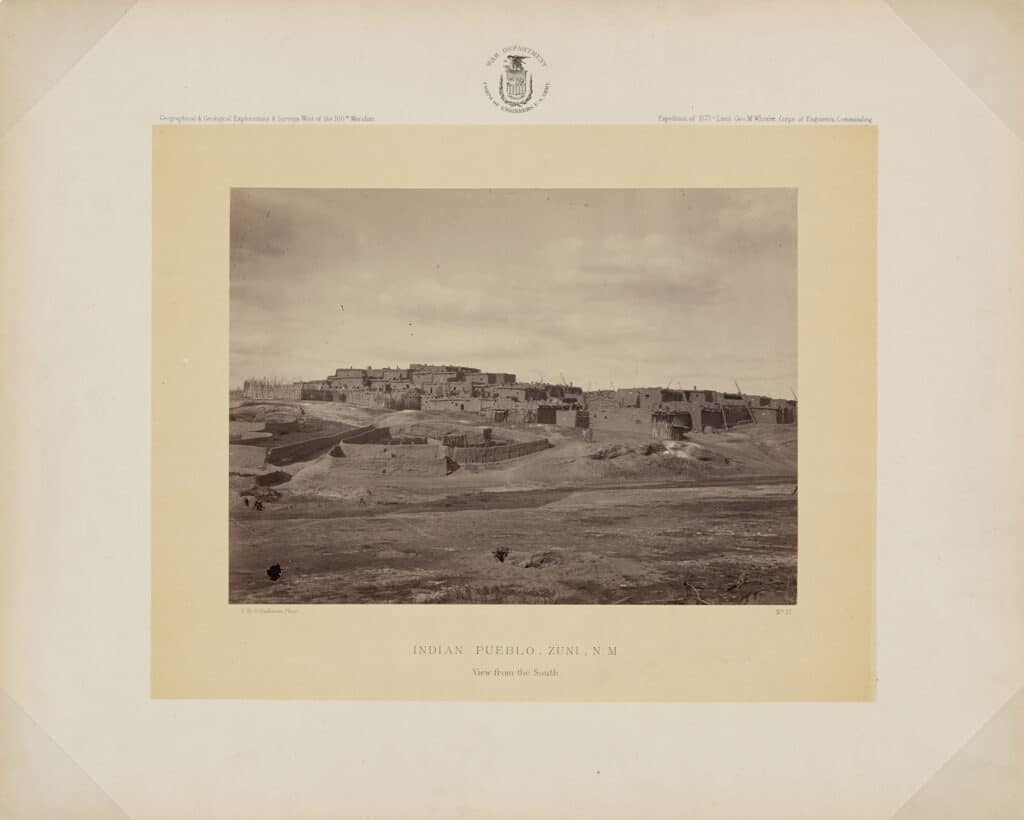
The Spanish came and later tried to convert them to Christianity – that led to a war. Zuni overcame the Spanish until more people came years later, The Zuni ancestors migrated to the current villages. In 1680, the pueblo revolted against the Spanish form of government.
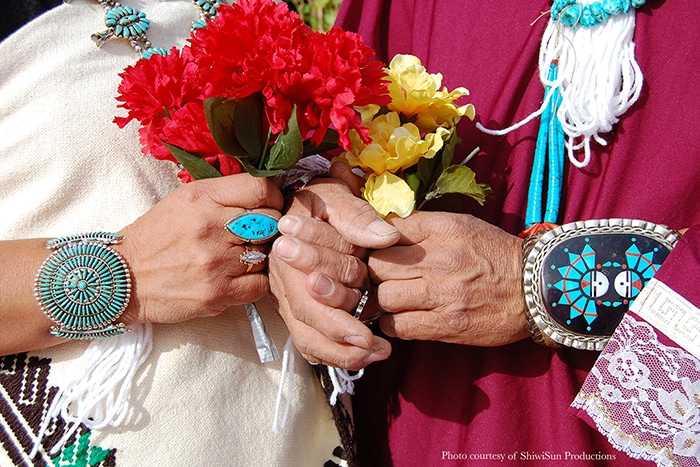
We are here today still, and we have our own unique language.
We have a strong tie not only to the earth itself and the universe, but also have the ability to integrate into today's world with what we have to survive.
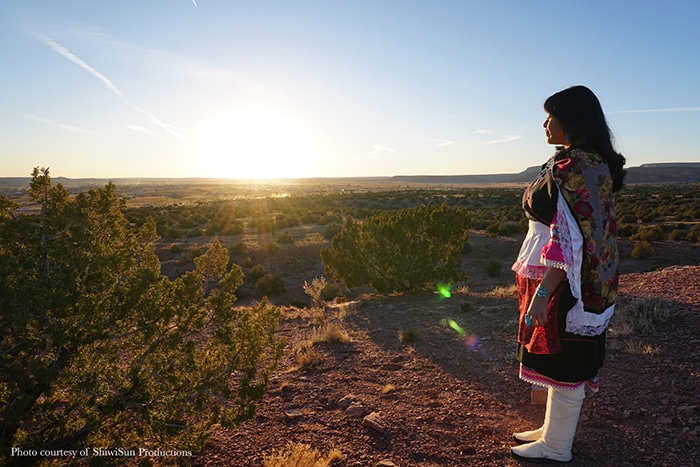
With what's happening in the United States of America, it's a double-edged sword understanding who we are, maintaining the cultural rituals and identities, while at the same time trying to integrate into today's society.
Every Native feels that the United States of America has breached their agreement, their treaties, their responsibilities. Whether it's healthcare or education, or economic opportunity. We were here first.
They’ve forgotten the first people from this country. Native Americans are at the bottom of every social totem pole.
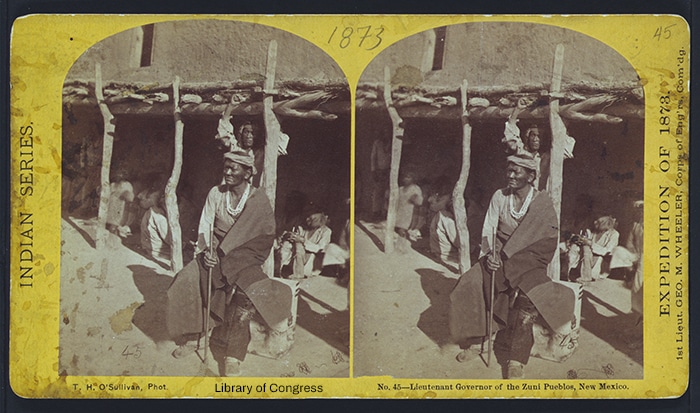
It’s critical that we create more infrastructure and find ways to find more resources if we are going to continue to grow as a community.
Water is something that is very vital to our survival and years past we used to have a river running through the village. It is dry now because the dam captured all the water and affected the flow.
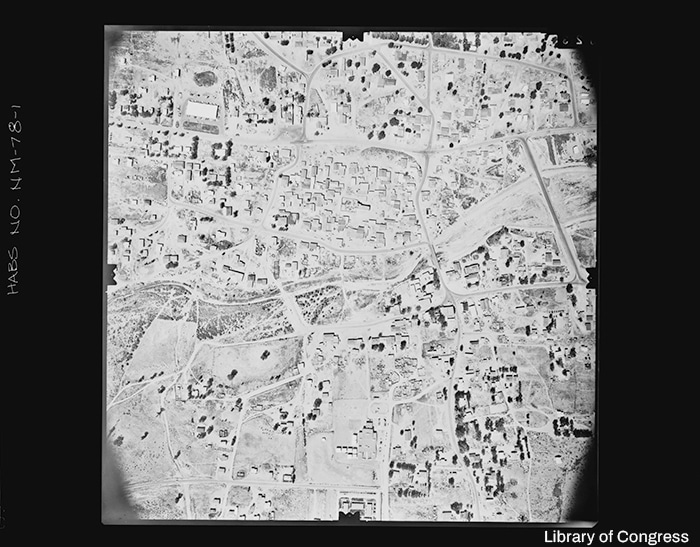
A lot of the rainwater that comes from the watershed is hard to get because of the barriers.
That’s an ongoing issue that the tribe faces. In the village itself, we have one big aquifer that’s about 15 miles south and it pipes water down to the community, and at times we have water shortages. Especially when we have power outages because it’s run on electricity. We are without water for 2-3 days without power.
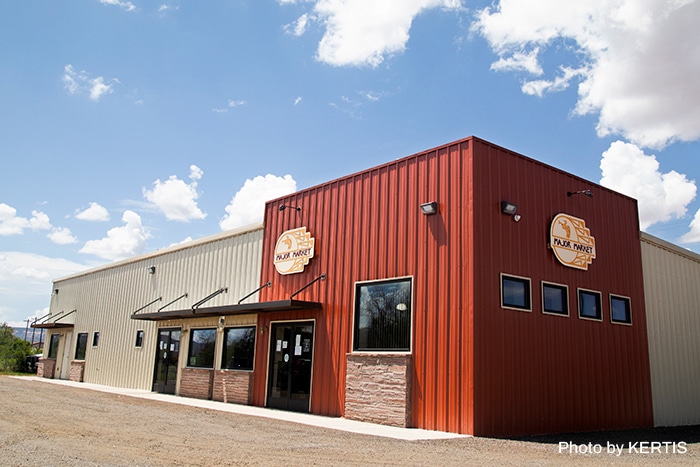
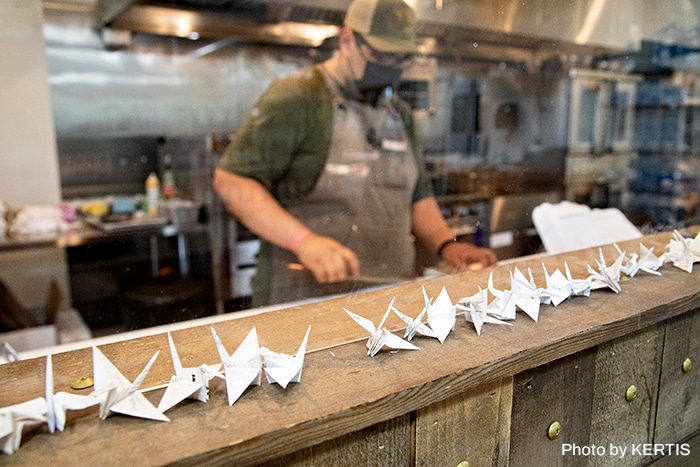
We’re in a food desert. This is my second time around. I used to own a grocery store from 1988-2005. The other store in town is owned by non-Native people and most of them are chain corps. They come to places like Zuni because of economic opportunity. But they come with the wrong vision.
My main concern is there has to be a healthy way of eating. There has to be a healthy way of promoting nutrition and understanding what goes into our food choices. That’s where I come in.
Granted big chains will thrive but at least my store is an option for healthy eating. Fresh products. Because if we are going to survive in the long term, those are the things we need to address.
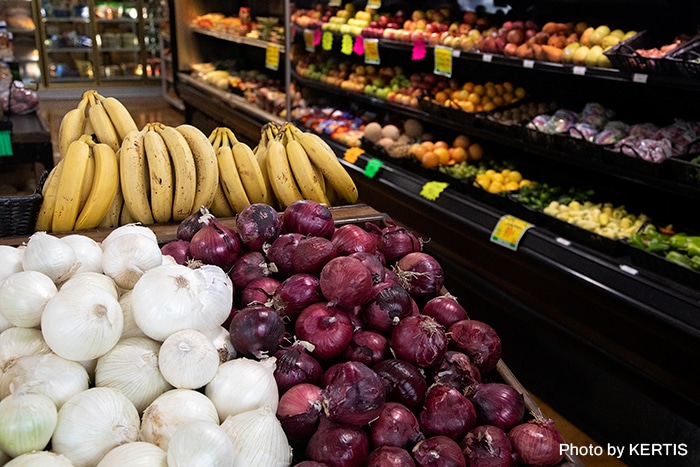
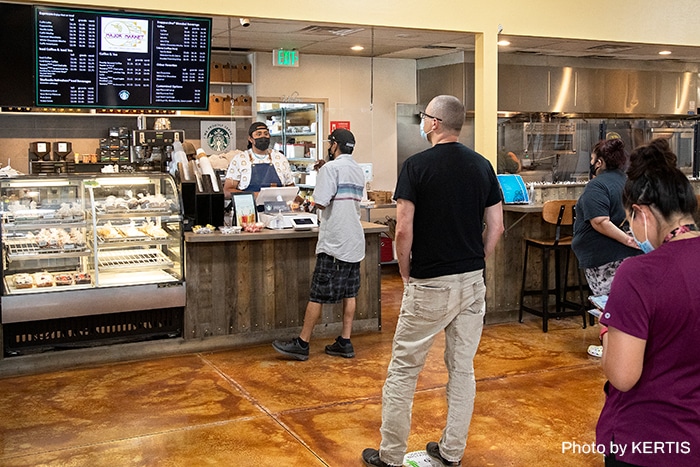
We are still very dependent. We can’t maintain without outside help. Currently the federal and state government have strong say in how we address our needs - healthcare, development, job creation.
The key is to institute a strong government and design it so everyone is included in the decision-making process. That isn’t happening and we need to reverse.
What they tried to do is try to make Native Americans a part of the melting pot. You give up your land and identity, you become a part of America's society in exchange for land. You become like everyone else.
People didn’t want that, they wanted to continue being who they were.
"Native Americans were forced to change identity, and many resisted and so we were put into these reservations."
–Darrell Tsabetsaye
You wait for federal money to come to build a hospital or school. We are dependent nations within a bigger nation.
Most of us stay because we feel connected based on our cultural and religious activities. As men, we are attached to the kivas so we feel we need to continue those and we need to show our ability to be connected to what our ancestors taught us how to maintain.
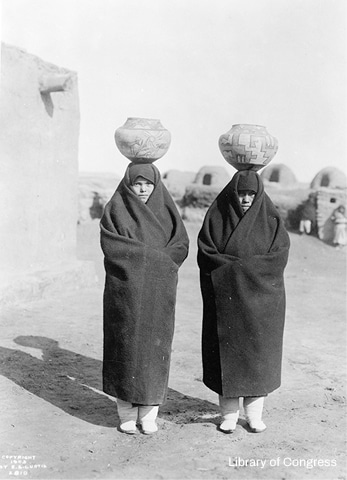
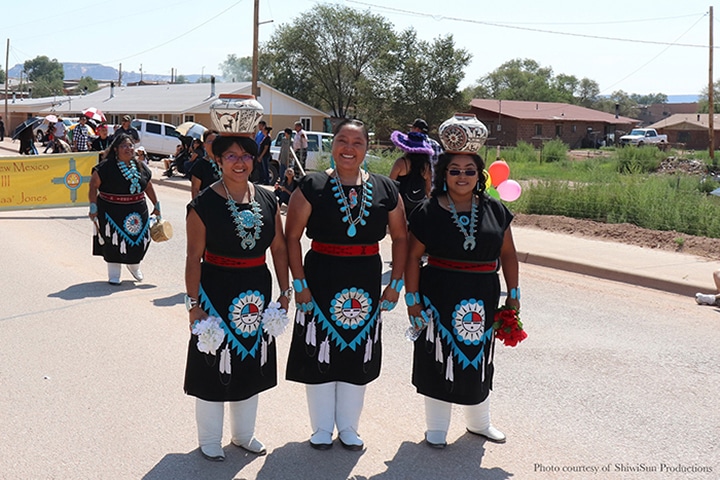
We also have to be realistic. You graduate and want to provide a better life for your family, you have to get an education, or military. But what do you do after that? You can’t come home because there is no employment. You have to survive, financially.
When you get educated most of the time we get chastised from those who did not leave. From those who want to hold onto their 20-30 year job because they are institutionalized.
You have someone coming in with new ideas wanting to make better conditions in their community. They say “you are too educated for us.”
Nothing has changed in the Zuni community in the last 30 years. There’s no economic development.
–Darrell Tsabetsaye
We are the first people in North America and have survived integration. Other Tribes have integrated, but those Tribes have lost their identity. Here in Zuni, because of our ties to this area, we feel very strong.
We are trying to survive given who we are as Native people.
We are the first people in North America and have survived integration. Other Tribes have integrated, but those Tribes have lost their identity. Here in Zuni, because of our ties to this area, we feel very strong.
We are trying to survive given who we are as Native people.
"This is where I was born. And this is where I live. And this is where I’ll die. Between that time we are going to do the best to survive."
–Darrell Tsabetsaye
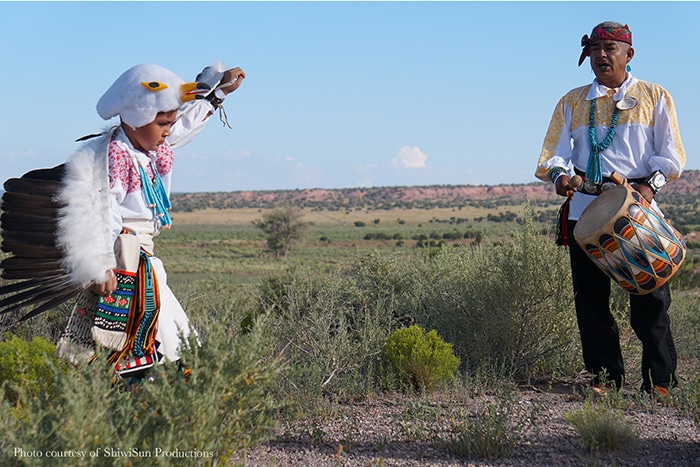
Published 2021


